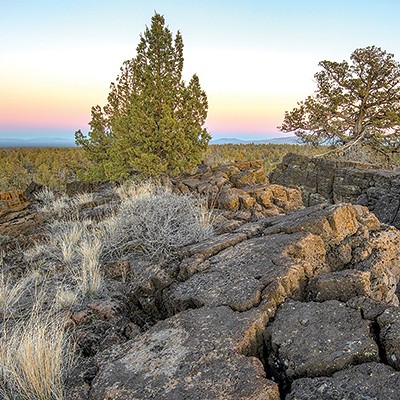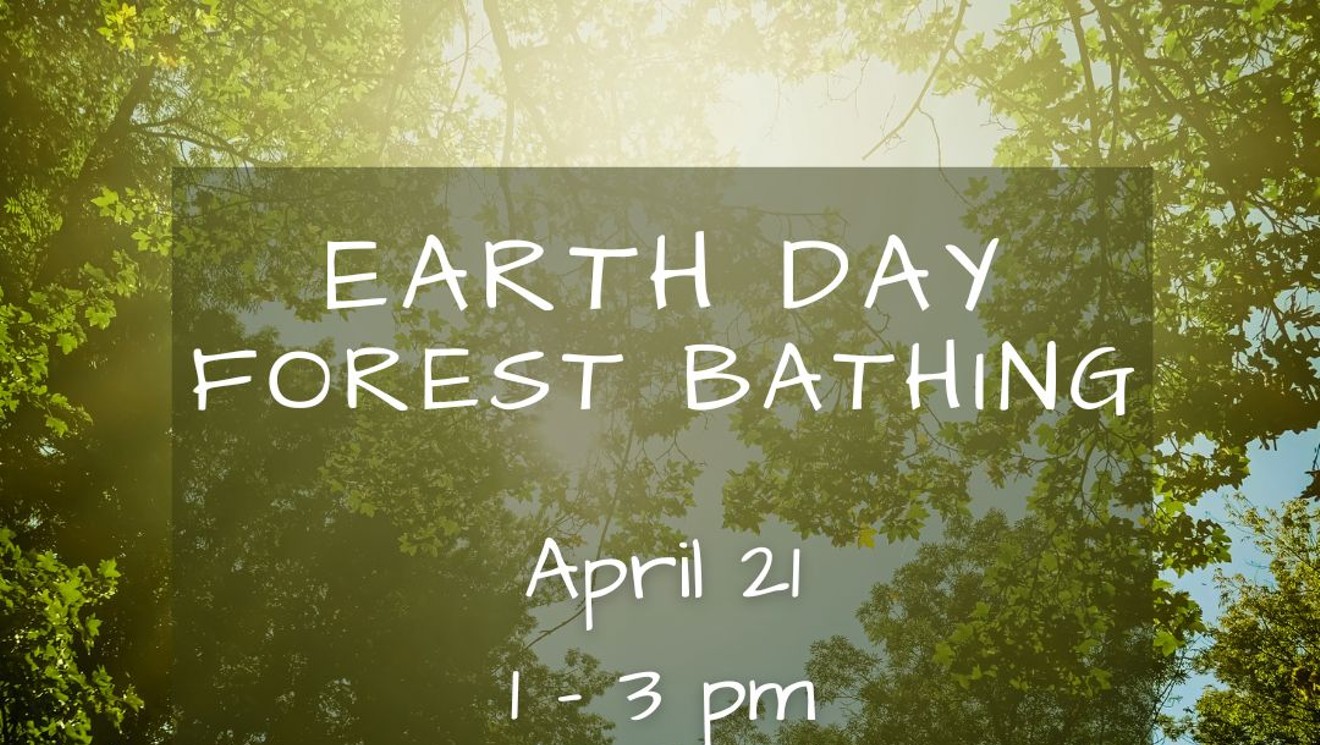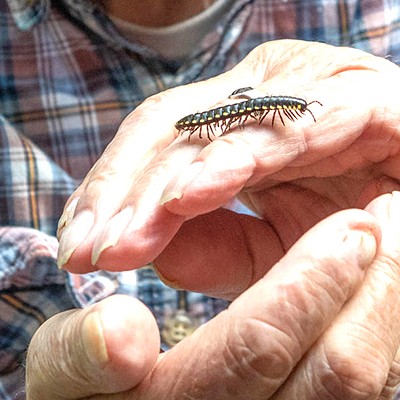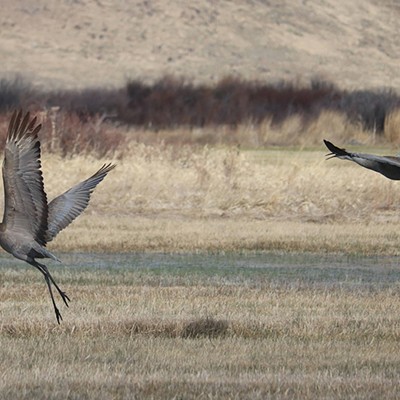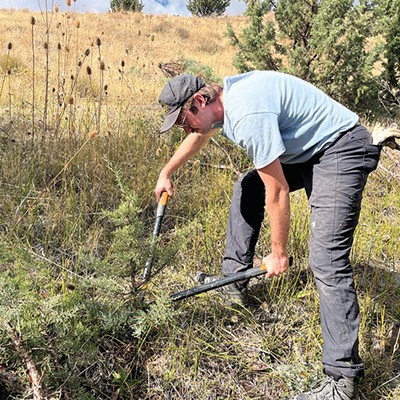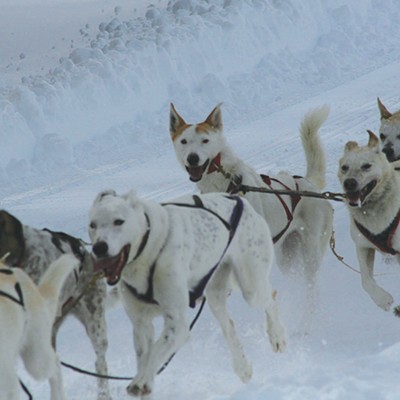Take bot flies for example. These pestiferous little buggers (pun intended) make life miserable for any mammal they come into contact with, especially rodents, livestock and humans. Scientists have placed bot flies into one big family: Oestroidea (OH-est-ROW-eh-dee-ah). The bot fly is a "true fly" that is, they belong to the order Diptera, which means, "with two wings." While all the other billions of insects are flying around with four wings, flies have only two, and a "balancer" that gives them the remarkable agility to avoid fly swatters and such.
When you look at the life history of bot flies there is only one word in human terms that can describe it: "Gross!" Horse people know what a bot fly can do to their horses, and it's no fun. The female (a gargoyle if ever there was one) lays it eggs on the front legs, belly and sometimes back legs of horses. Heat from the horse speeds up the hatching process and if the eggs or larvae are swallowed, they grow in the horses intestines and stomach. One species will burrow out of the intestines and finish growing under the horses skin, then eat an exit hole and drop to the ground to finish metamorphosis, while another is expelled with the horse apples.
Bot fly larvae in rodents are even harder on their hosts; they not only feed on blood and tissue, but also chew on testes and ovaries.
Then there's the ones that get into humans, Dermatobia hiominis, which roughly translated means "that which lives under the skin of humans." Gross? You better believe it - unless you're a bot fly. The good news is these pests do not like it in the temperate climates we live in, but if you get close to the Equator, watch out. Bot flies just aren't any fun.
As we look further into the ecological relationships of bot flies we begin to see Nature's complexities.
Parasitic wasps lay their eggs on bot fly larvae and their larvae destroy the bot fly in the process. That's just one reason why we must be very careful about applying chemicals to "solve" a biological problem.
If parasites don't make life difficult for bot fly larvae, predators will sometimes get them when they fly off as adults. Even with their remarkable speed, a bat, nighthawk or flycatcher can scoop a bot fly out of the air like a Cooper's Hawk taking out a finch.
One of the more ambitious predators of bot flies is another Dipteran, the robber fly. Adult robber flies perch on stems of plants or other objects and attack bees, beetles, dragonflies, grasshoppers, leafhoppers, wasps and other insects. Adults capture their prey on the wing and quickly pierce the victim with their strong sucking mouth, begin siphoning off the animal's interior, and suck it dry.
Some robber fly larvae live in the soil, rotten wood and other habitats, feeding on organic matter, while others are carnivorous and eat arthropods - such as grubs, beetle pupae and grasshopper eggs.
In the world of Nature only the fittest survive; that's the way it has always been, and probably the way it will be until the fire goes out in our Sun.
Every once in a while my bees come under attack from a western kingbird passing through. The kingbird perches in the top of a juniper near the hive and snatches bees out of the air like popcorn.
The Mountain Bluebird, a member of the thrush family, eats nothing but insects when feeding babies. Hence, the photo above of daddy bluebird coming home to feed his babies one of the juicy robber flies that ate one of the juicy bot flies that emerged from a juicy cow.
So goes Nature's circle of life, one part touches another part and the complexities of everything within the circle becomes intricately entwined, and out of it all comes the final message to we humans:
* Be careful what you do
* Take care of the air, or you will die
* Take care of the soil, or you will die
* Take care of the water, or you will die
They're not just "good ideas," they are the laws; we need those life-giving elements just as much as horses, bot flies, robber flies and bluebirds...

